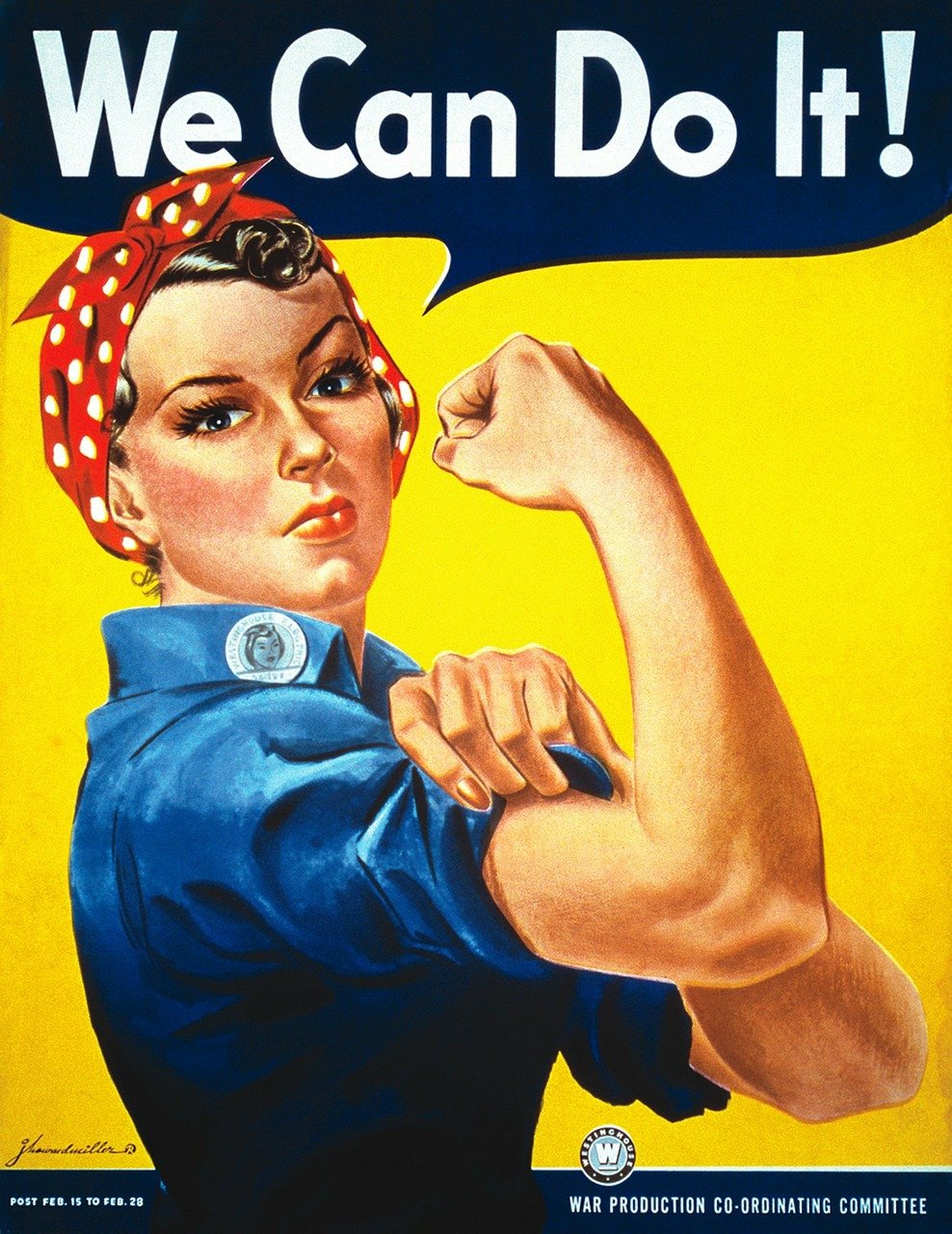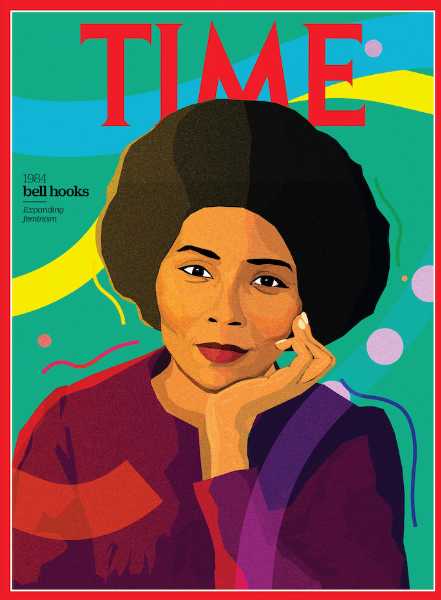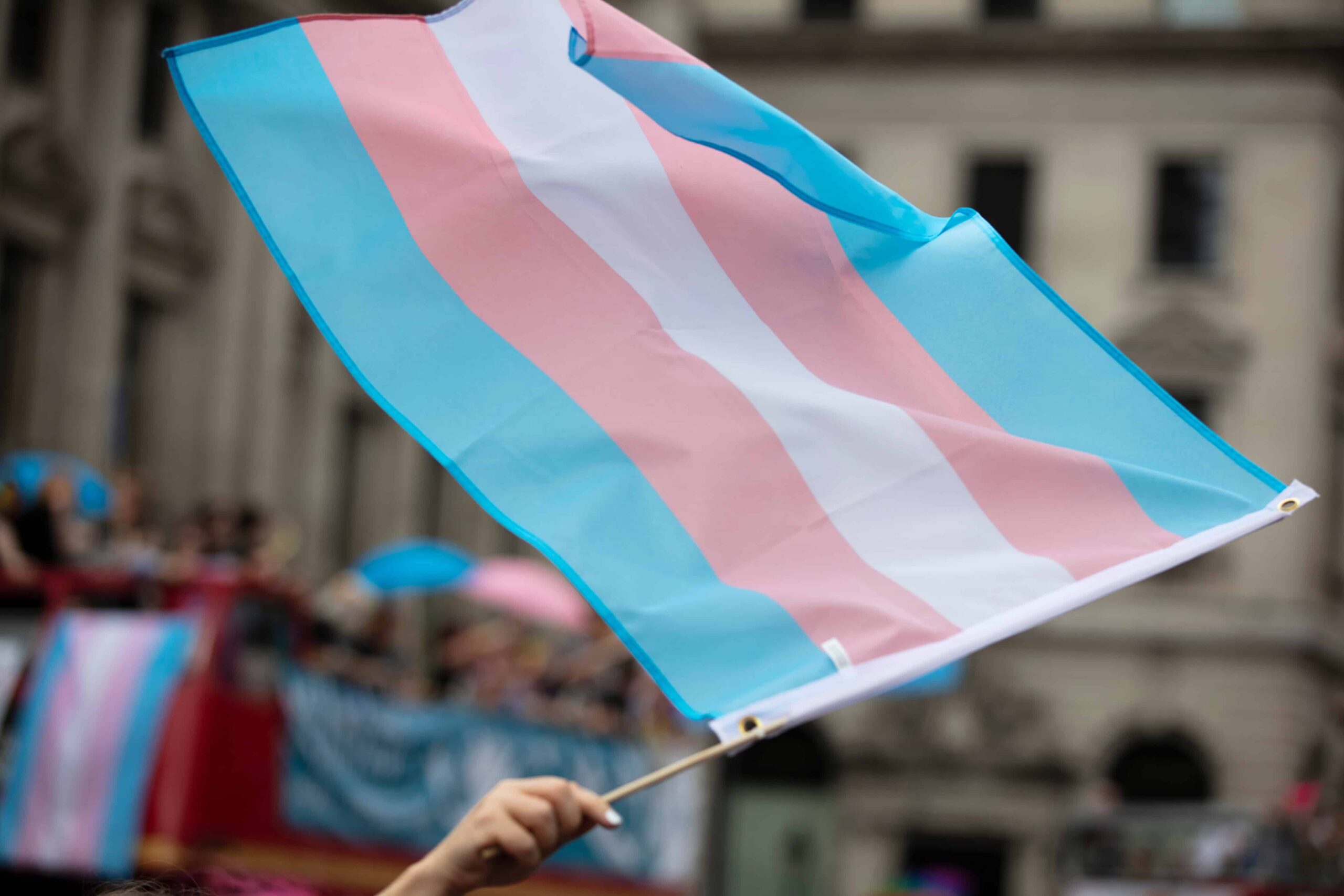Gender
Gender is not an immutable identity category but rather a set of social practices, such as grooming habits, sartorial choices, mannerism, and social spaces one may inhabit. Gender is what we do. Gender is a type of social action. Gender is connected to the social environments rather than simply one’s body.
Gender signifies relationally depending on other social factors, and fiction reflects and shapes this concept. Gender is not an identity or a thing, but a set of social practices. One’s gender practices evolve in relation to other people, over time, and in different social spaces.
Gendered experiences are similar to membership in a club which enrolls certain people at birth, without their consent, and brings them up according to its rules.
Intersectionality refers to the interconnected nature of oppressions based on gender, race, class, sexuality, and disability. Social categorizes form overlapping and interdependent systems of discrimination or disadvantage.
Feminism is a cluster of social and political movements as well as theories that promote equality of genders. Some branches emphasize commonality among genders, while others attend to essential differences. Mary Wollstonecraft, author of A Vindication of the Rights of Woman in 1792, is often credited as a founder of feminism.
“Transgender” is an umbrella term to refer to people who challenge the boundaries of sex and gender and whose gender expression is otherwise considered inappropriate by their society. Even though the word transgender is used in opposition to the idea of cisgender, neither trans nor cis is fixed, because practices of gender always evolve over time.






